(Dan Tri) - ABC News (Australia) reported that home tutoring services are booming in the land of kangaroos. The economic value of the tutoring industry in Australia is estimated to be over 1 billion USD.
There are currently 4,000 tutoring service providers operating in Australia. The main customers of this type of service are Australian families of Asian origin, from China, Korea, India...
Many Korean-Australian parents told the ABC that the popularity of tutoring in their community reflects the high value they place on education.
However, many people also admit that parents putting pressure on their children to achieve results can cause psychological problems for both students and tutors.
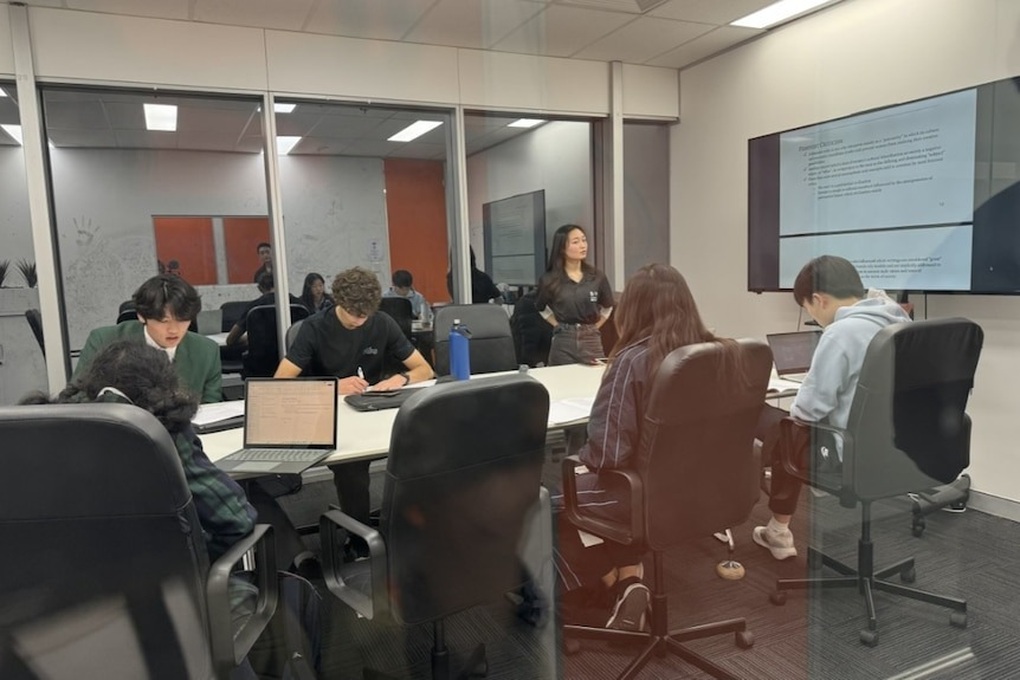
Inside a tutoring center in Sydney (Photo: ABC).
Peter Son, a middle-aged Korean man who has settled in Australia for many years, sees a common pressure within the Korean-Australian community.
"Parents in the Korean-Australian community all want their children to have good grades, go to a prestigious university, have a good job, and find a good partner," said Mr. Son.
Mr. Son currently runs a tutoring company called S2P Connect, based in Sydney, Australia. The tutoring services provided by Mr. Son’s company focus on soft skills, rather than just academic performance.
"I entered the tutoring business after realizing that the obsession with grades was damaging the quality of life of many students and their families," said Mr. Son.
$1 billion industry
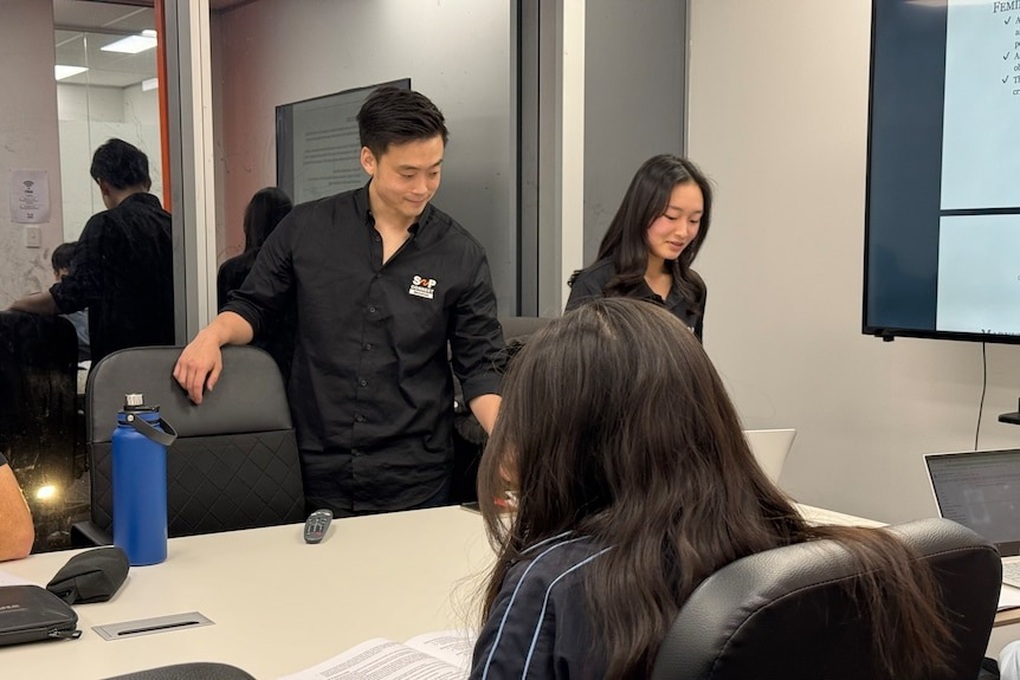
Private tutoring and tutoring activities are very popular in the Korean-Australian community (Photo: ABC).
Associate Professor Dr Christina Ho, a lecturer at the University of Technology Sydney (UTS), has studied Asian-Australian parents’ approaches to education and found that the use of private tutoring is common among migrant families.
An Australian census conducted in 2021 found that nearly 103,000 people living in Australia identified themselves as being of Korean descent. This community has a strong ambition to rise up, which has also led to a strong growth of the tutoring industry.
Daniel Kwuen, a second-year finance student at the University of New South Wales (Australia), said that the academic pressure in the Korean-Australian community is not as harsh as in Korea, but is still much greater than other communities in the land of kangaroos.
“In tutoring centres that have a large student population of Korean-Australian teenagers, classes typically start as early as 5pm and end as early as 8pm. There is a lot of pressure to achieve academically in our community,” Kwuen said.
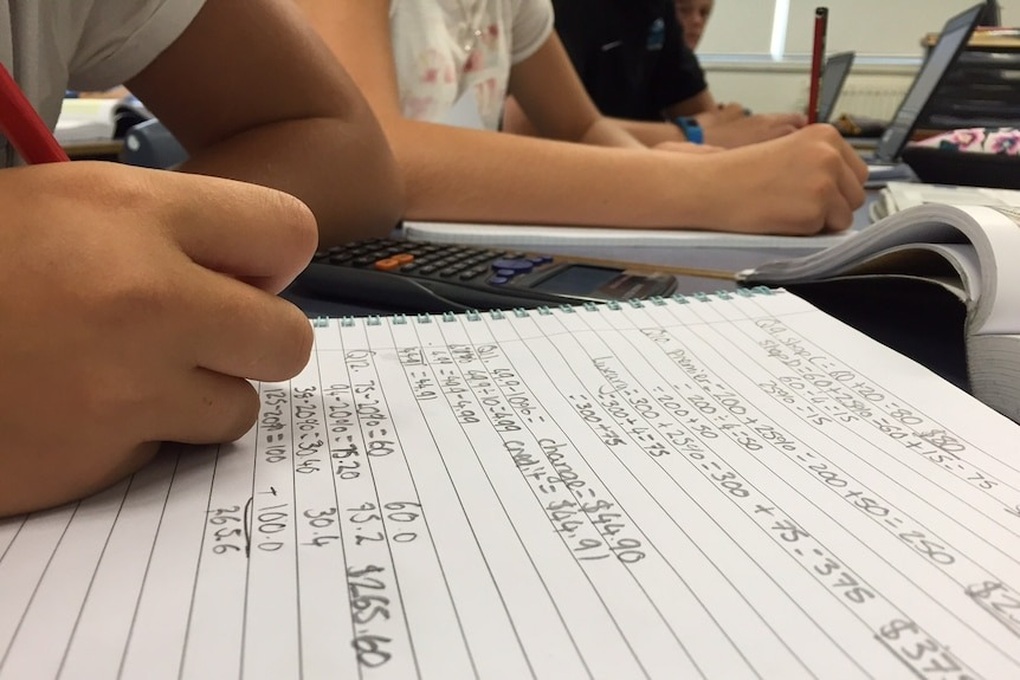
The Australian Department of Education affirms that hiring a tutor or sending children to tutoring centers is the decision of each parent (Photo: ABC).
Sang Hee Kim, a primary school teacher at a Sydney public school who also teaches at a tutoring center on weekends, said the teaching methods at tutoring centers are quite different from the public school system in Australia.
"The pace of learning in extra classes is very fast, so studying is quite stressful, especially for young students. Some students really have difficulty keeping up with the content of the lectures in extra classes," said teacher Sang.
The Australian Department of Education affirms that hiring a tutor or sending children to tutoring centers is the decision of each parent, however, the authorities do not encourage this.
In general, tuition fees in Australia are quite expensive. Many immigrant families, although not wealthy, are willing to sacrifice many aspects of their family life to cover the cost of tuition fees for their children.
Mr. Mohan Dhall - CEO of the Australian Tutoring Association (ATA) - said: "Tutoring costs in Australia start from $600 per subject per semester.
This tuition can be up to 2,000-3,000 USD/subject/semester. Families who send their children to extra classes in many subjects can have to spend 10,000-20,000 USD for their children's extra classes each school year."
However, the lack of supervision and specific regulations for tutoring centers in Australia has many people concerned about child protection.
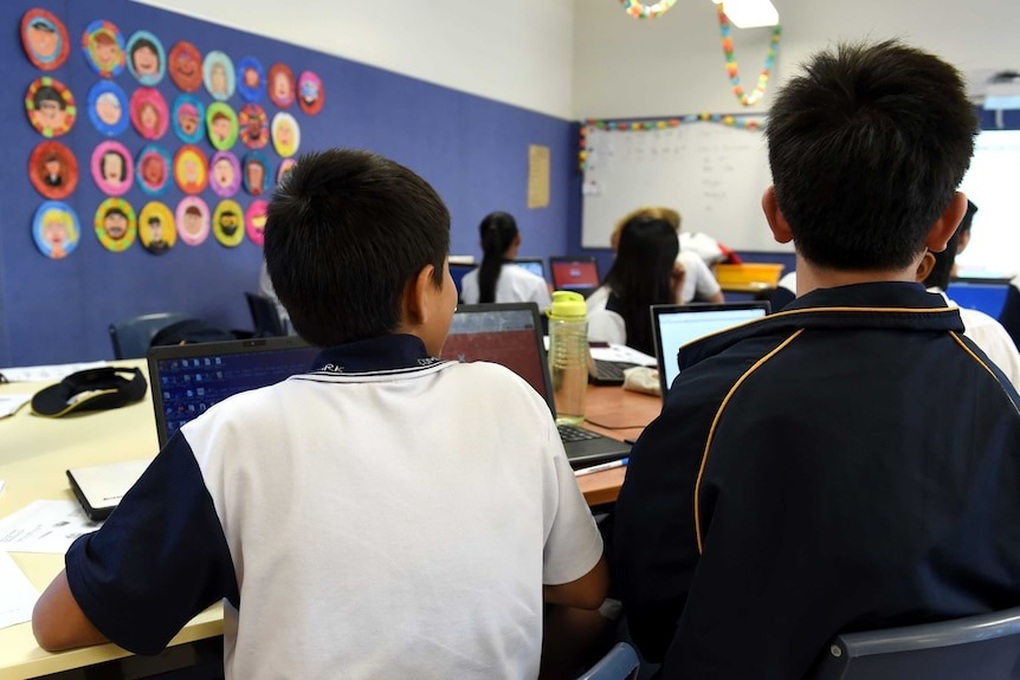
Private tutoring in Australia is still "unregulated" (Photo: ABC).
Mr. Mohan Dhall understands this well: "We hope that the authorities will allow surprise inspections of tutoring centers, to ensure that the number of students in each class is not too large and the facilities are safe enough."
Associate Professor Dr Christina Ho stressed that tutoring in Australia is still "allowed". Despite the controversy in Australian public opinion, along with concerns about the mental health of students, the demand for tutoring in the land of kangaroos shows no signs of decreasing, especially in Asian immigrant communities.
Mr. Peter Son assessed that the tutoring industry has great potential for development in Australia. Most parents in Asian communities in Australia want their children to study extra, especially English, mathematics and natural sciences to improve their academic results.
These parents believe that by doing well in school, Asian-American teens will have more career options in the future. As a result, they will be better able to integrate into society than previous generations, and have a better position in work and life in the community.
Source: https://dantri.com.vn/giao-duc/ap-luc-hoc-them-cua-hoc-sinh-han-quoc-lan-toi-australia-20250324215841973.htm




![[Photo] Closing of the 11th Conference of the 13th Central Committee of the Communist Party of Vietnam](https://vstatic.vietnam.vn/vietnam/resource/IMAGE/2025/4/12/114b57fe6e9b4814a5ddfacf6dfe5b7f)
![[Photo] Overcoming all difficulties, speeding up construction progress of Hoa Binh Hydropower Plant Expansion Project](https://vstatic.vietnam.vn/vietnam/resource/IMAGE/2025/4/12/bff04b551e98484c84d74c8faa3526e0)


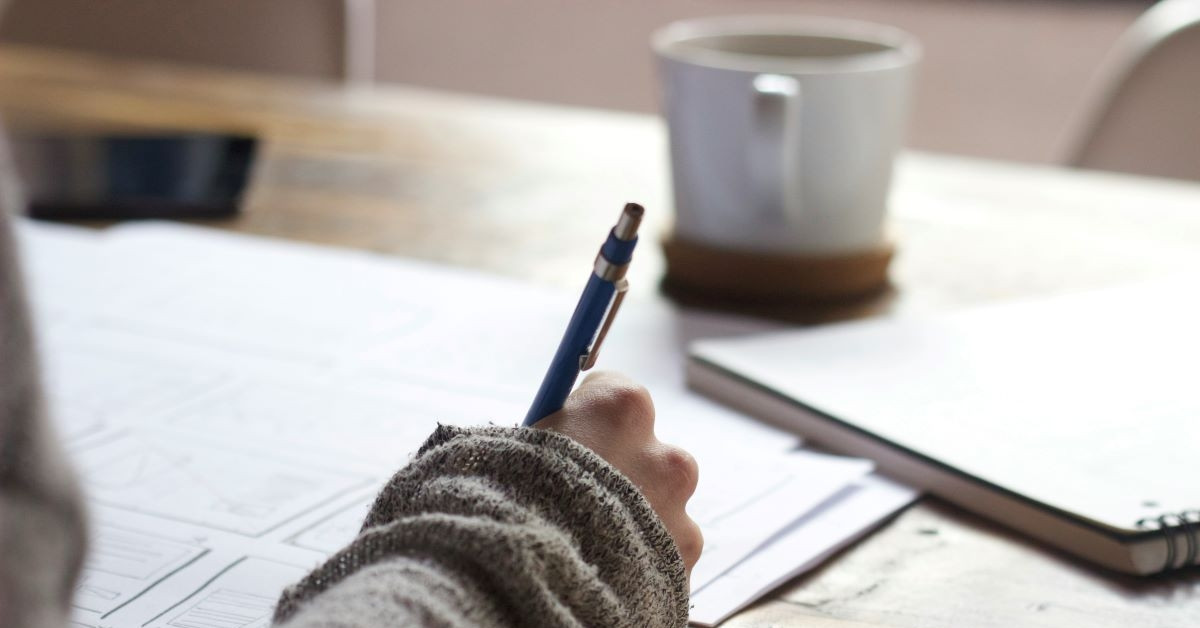

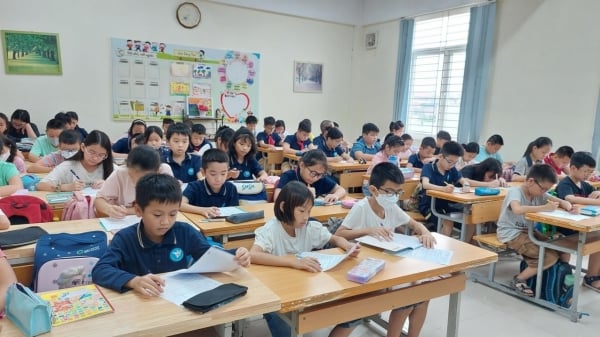

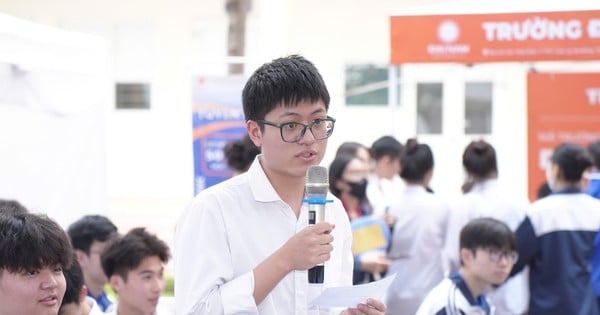
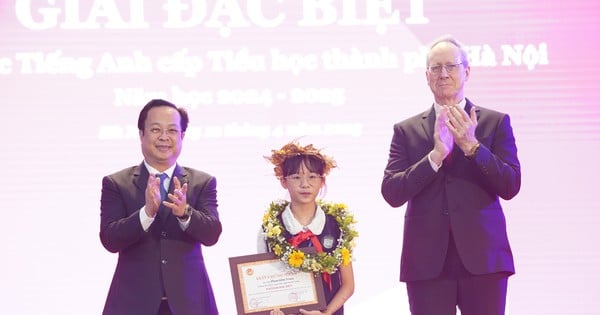
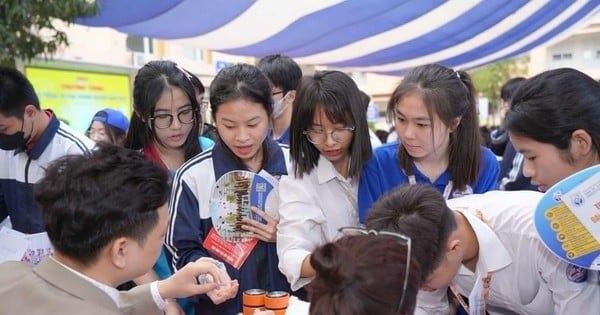
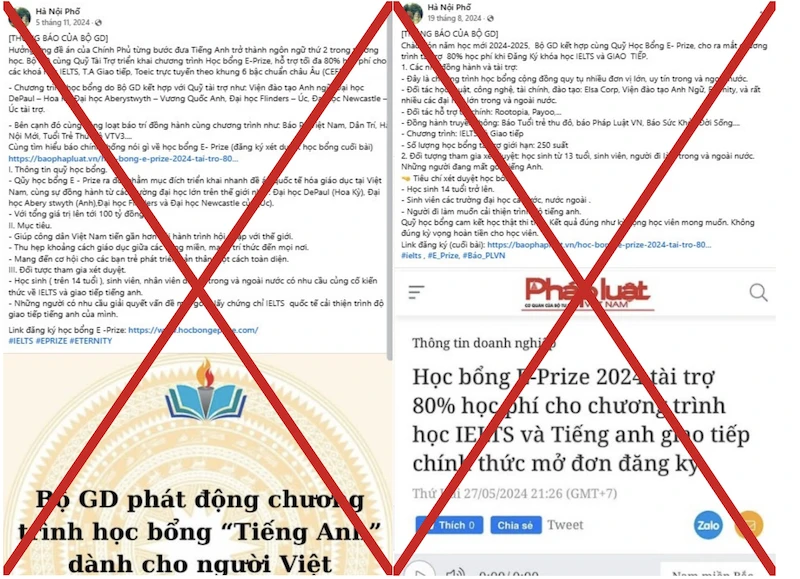



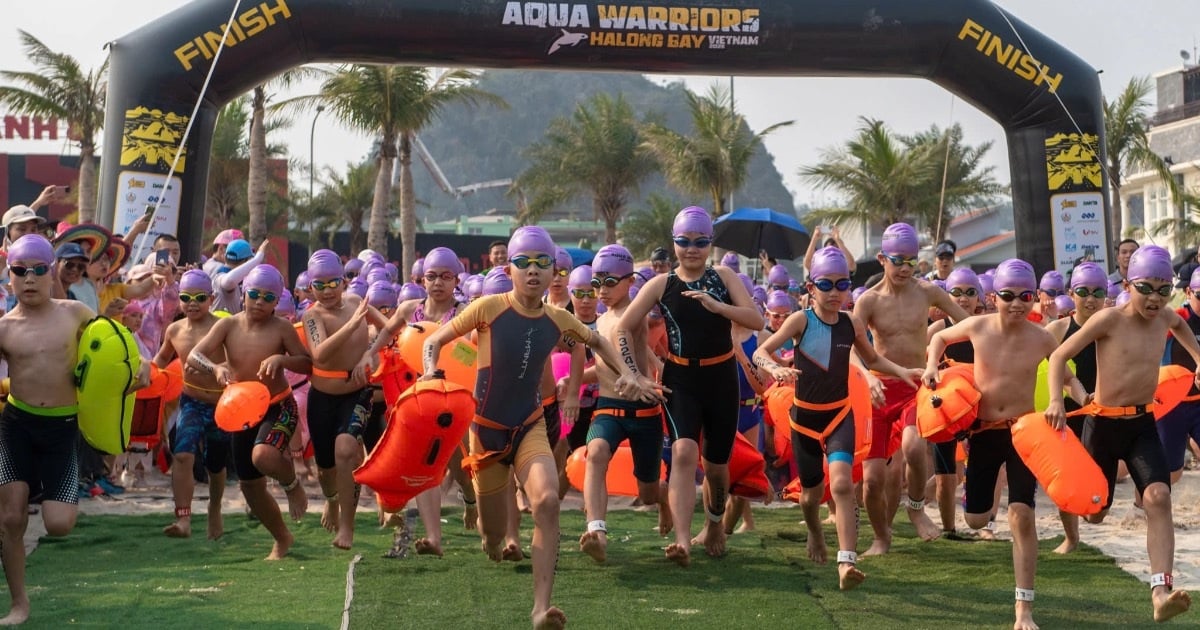

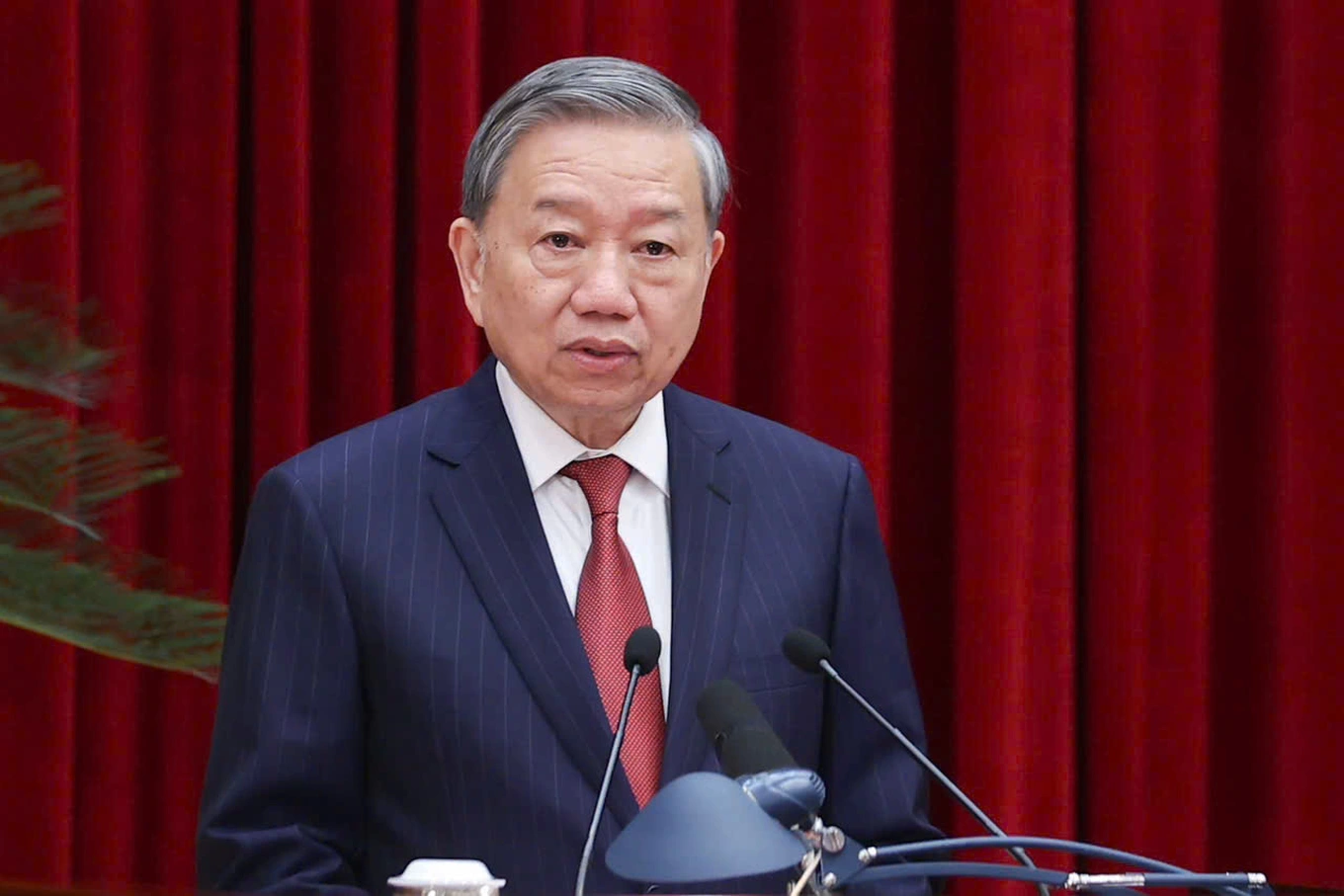














































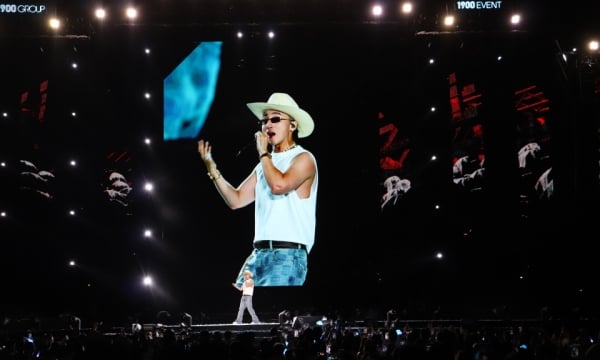


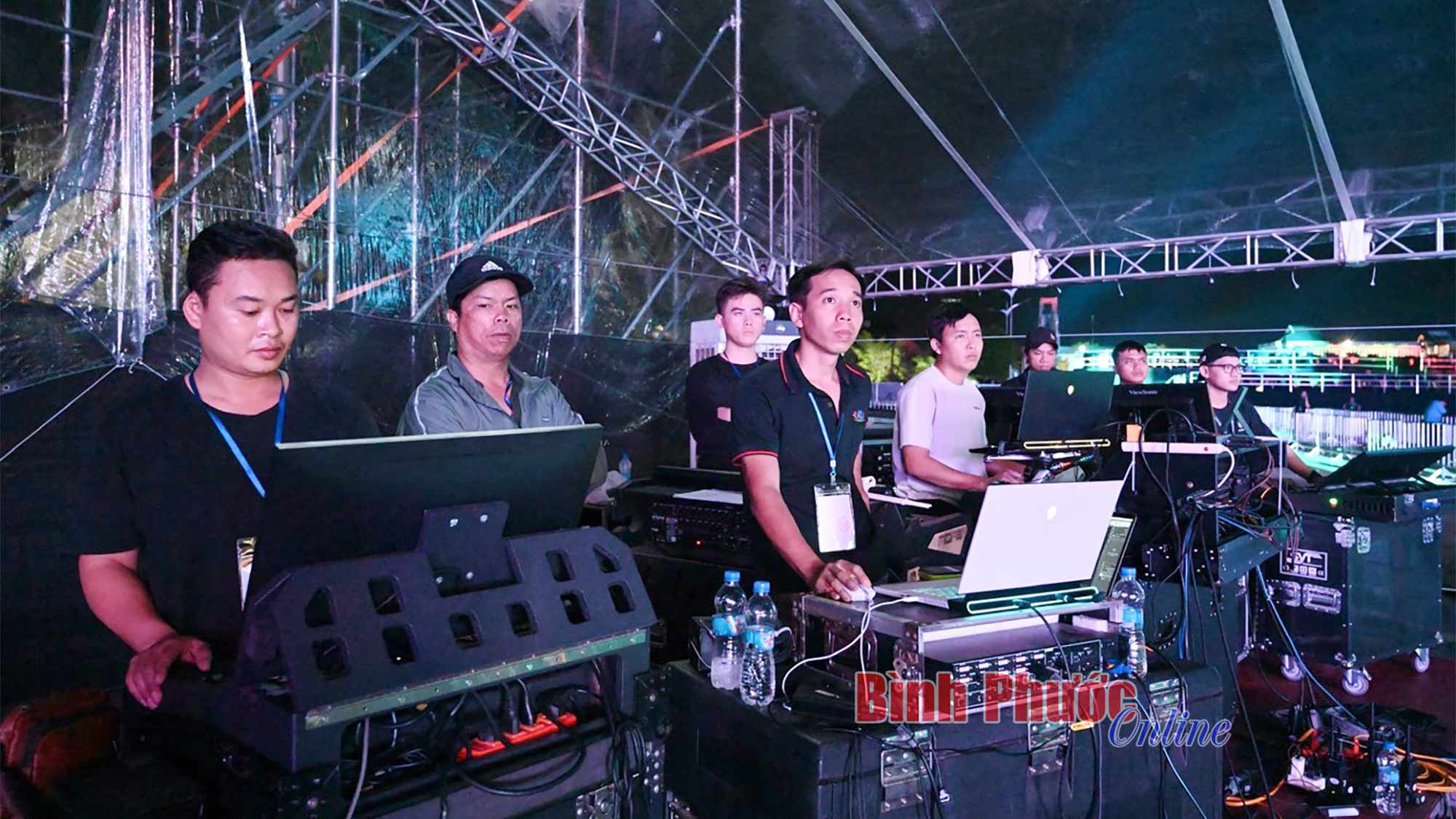

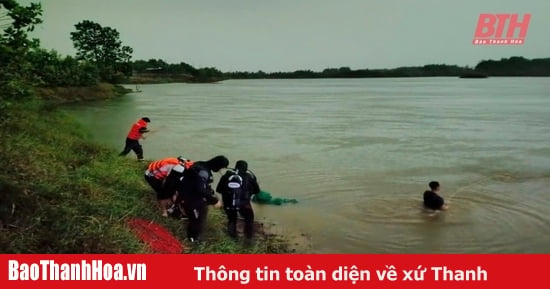













Comment (0)